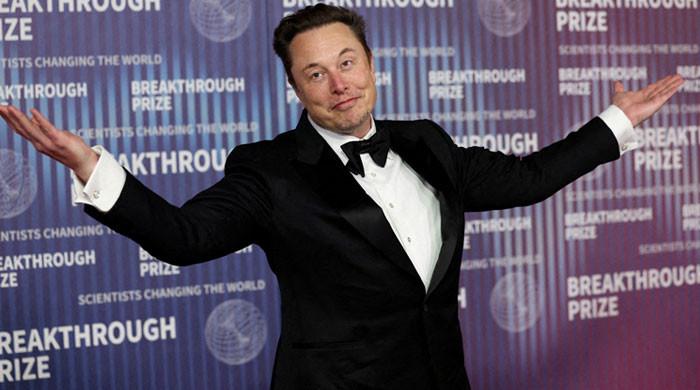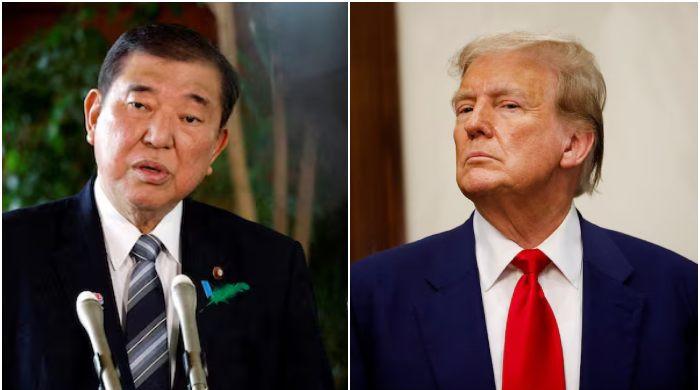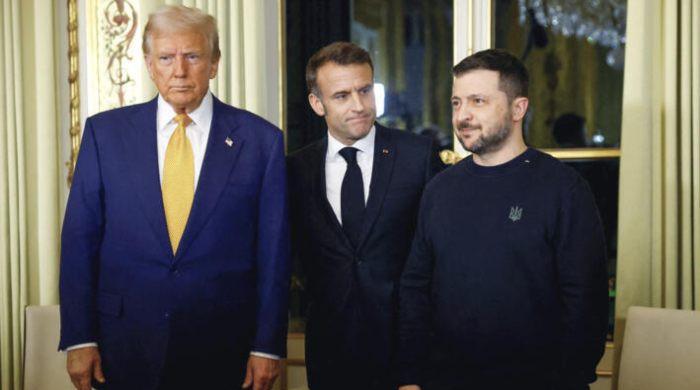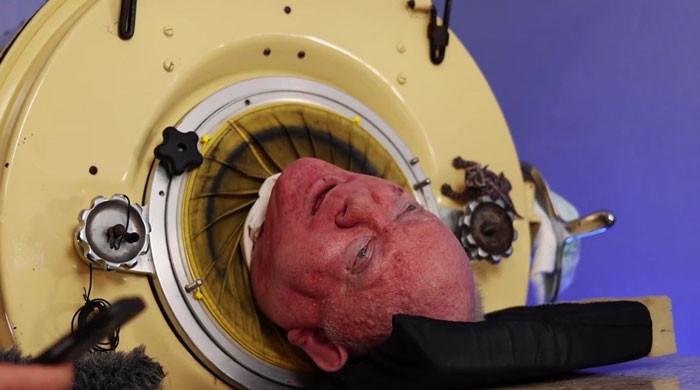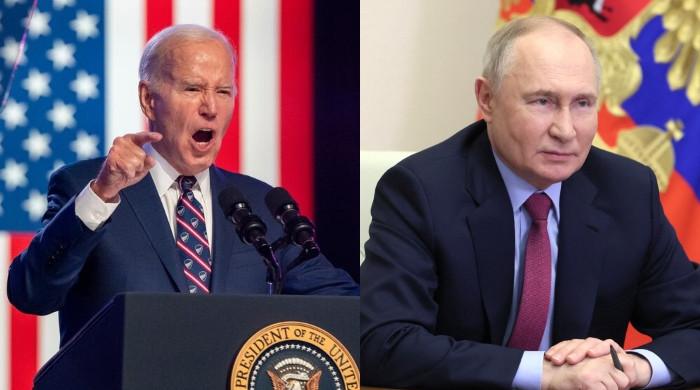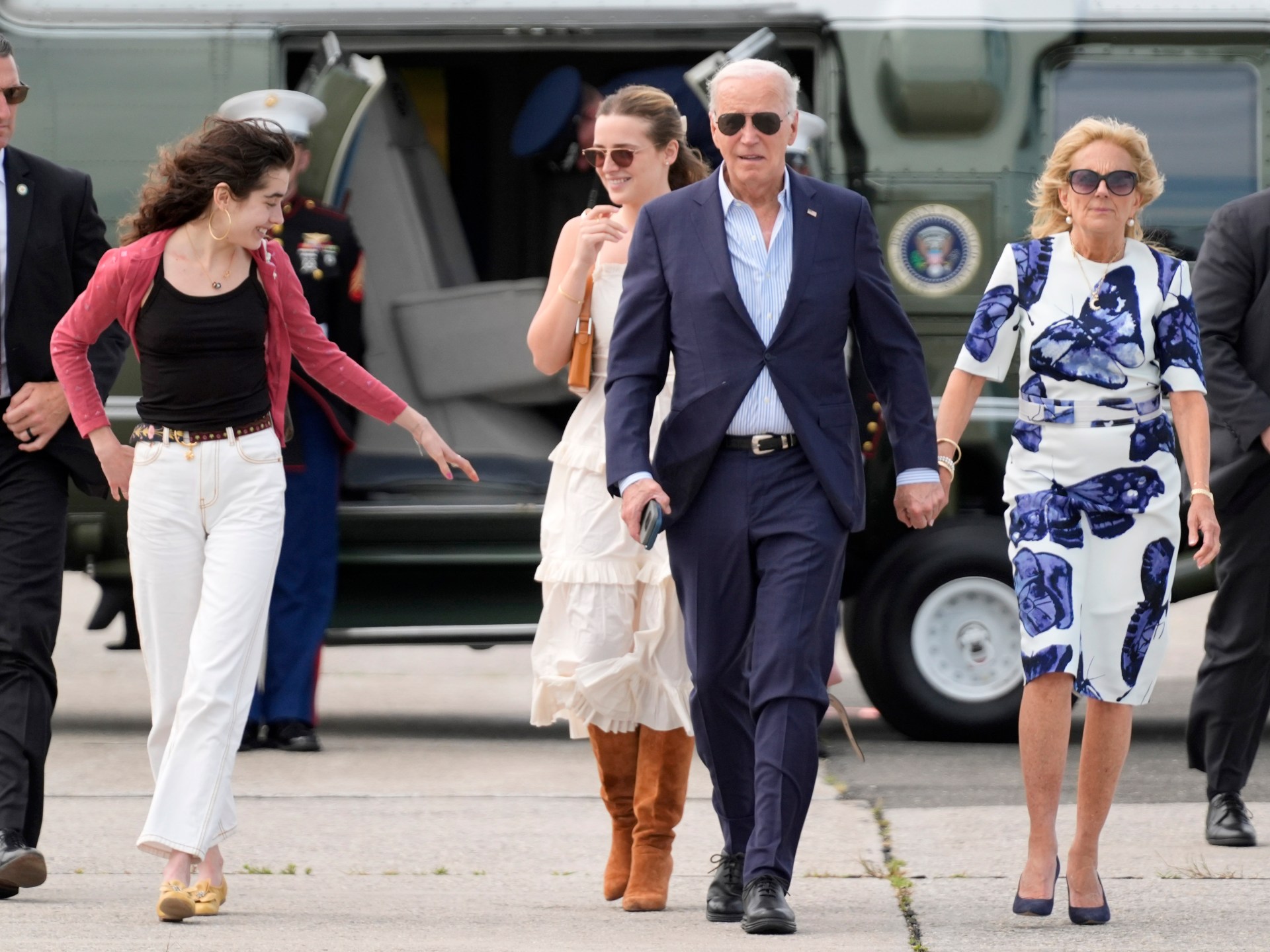Caracas Venezuela – As dark clouds gathered over an unusually empty street in the Petare neighborhood, Eglle Camacho began hearing a dull, rhythmic sound.
The noise soon grew louder. People stood up from windows and doors armed with kitchen utensils and banging spoons against pots. They began to pour out into the street. Camacho decided to join them.
Their impromptu march moved toward the center of Caracas, Venezuela's capital, on Monday, drawing thousands of people on foot and on motorcycles.
What united them all was their outrage at what they considered fraudulent election results announced in favor of President Nicolás Maduro.
Camacho took many photographs that day – the smiles, the flags and even the violence – but told Al Jazeera he deleted them all. He fears what the Maduro government might do to protesters who support the opposition’s claims of victory.
“There is so much persecution,” Camacho said from his home in Petare. “They are coming to the neighborhoods looking for people.”
That fear has become widespread in the days since the July 28 presidential election.
For weeks, pre-vote opinion polls had suggested that Maduro would lose to retired diplomat Edmundo Gonzalez, provided the election was free and fair. Maduro's rival had a considerable lead: about 30 points. Exit polls reflected a similar trend.
But when Venezuela’s National Electoral Council (CNE) announced the result of the vote early Monday morning, it told a different story. The government body claimed Maduro had won with more than 51 percent of the vote, a comfortable seven-point lead over Gonzalez.
Demonstrations began and clashes broke out between opposition supporters and security forces, some of which resulted in arrests, injuries and even deaths.
After days of turmoil, many opposition supporters find themselves in no man's land, navigating a narrow path between hope and fear about what comes next.
Jorge Fermin, 86, has been protesting for years against Venezuela's socialist regime, first under the late Hugo Chavez and then under his hand-picked successor, Maduro.
At a meeting in downtown Caracas, the former Education Ministry employee waves a homemade sign in the air.
The poster offers an optical illusion: seen from one side, it shows González's face. However, if you look at it from another angle, it shows María Corina Machado, the candidate who was supposed to run against Maduro but was expelled from public office.
“This is the biggest lie in the world,” Fermin said about the CNE results. “The government knows the true result but does not want to show it.”

So far, Maduro's government has not published the results of the voting at each polling station, as has been the tradition in the past. The only thing the CNE has offered is the overall percentage.
However, tallies collected by election observers – and handed over to the opposition – appear to show that Gonzalez won by a landslide, obtaining 67 percent of the vote.
Despite claims from the opposition and the international community, the government has yet to show any proof that Maduro has officially won. Maduro has pledged to reveal the vote count, but no deadline has yet been set.
“This government has caused so much pain, misery, and now they have tried to steal our last remaining hope,” Fermin told Al Jazeera.
As a retiree in Venezuela, his pension is equivalent to just $3.50 a month. “It doesn’t even give me enough to recharge my phone,” he explained.
Pro-Maduro posters that once decorated almost every streetlight in Caracas have disappeared, been torn down and thrown into the trash or burned. Several statues depicting the late Chavez, considered the father of Venezuela's socialist project, have also been torn down.
Margarita Lopez, a Venezuelan historian who has studied the country's protest movement and Chavez's socialist government, told Al Jazeera that today's demonstrations share characteristics of past mobilizations: the toppling of statues, the banging of pots and pans in a style of protest called “cacerolazo.”
But this time, he said, there is one key difference: “The polarization is gone,” he explained.
Lopez noted that previous protests were largely made up of middle- and upper-class voters, but as Venezuela's economy continues to decline, a more diverse section of society has taken to the streets to demonstrate.
“Everyone has difficulty finding work,” Lopez said. “They have become poorer. They do not have full access to public services. The political discourse of polarization is no longer valid for Venezuelans.”

Traditionally, many residents of Venezuela's working-class areas were followers of Chavismo, the ideology named after Chávez that promotes income redistribution and resistance against “imperial” forces, represented by countries like the United States.
But for many, Chavismo has not lived up to their expectations. After Chavez's death in 2013, Maduro took over and the country sank into an economic abyss.
Part of the problem was the global fall in oil prices in 2014, but the crisis was also due to economic mismanagement, misappropriation of state funds and international sanctions.
“I come from Petare. I am here for the freedom of my county, for the future of my daughter, my sister, my niece,” shouted a shirtless man at a recent protest, while raising one hand in the air.
With his other hand he pointed to the tattoo on his chest: a colorful map of Venezuela.
According to López, low-income areas like Petare were once strongholds of Chavismo, but for residents of the area today the socialist rhetoric is no longer relevant.
“Maduro can say that imperialism and the 'fascist' right-wing opposition have not yet been stopped, but in reality people no longer care,” Lopez said.
According to the International Monetary Fund, the country's gross domestic product (GDP) has shrunk by 80 percent in recent years. Salaries and pensions have declined due to hyperinflation, currency devaluation and informal dollarization, a process that arises when people turn to the U.S. dollar as an alternative currency.
An estimated 7.7 million people – a quarter of the population – have left the country due to low wages, lack of opportunities, poor healthcare and, in some cases, persecution.

Human rights groups such as Amnesty International have long criticized the Maduro government for using arbitrary arrests, enforced disappearances and even extrajudicial killings to crush perceived dissent.
“I can't stand to see blood in my country, a country that has so much to offer,” Camacho said, days after hearing the banging of pots and pans for the first time on Monday in Petare.
The mother of two has already emigrated once and now fears that she will have to leave again. “If this government doesn’t fall, I will leave. I will have to. I can’t stay here, they will put me in jail.”
At least 19 people have been killed so far in clashes between security forces and opposition supporters, according to the non-governmental organisation Victim Monitor. At least six were killed by colectivos, groups of armed men linked to the government, riding motorcycles and carrying weapons.
Victim Monitor reports that more than 1,000 people have also been detained, denied access to legal assistance and unable to see their families.
Student Marta Díaz, who used a pseudonym for security reasons, had already been to a couple of demonstrations in the mountain city of Mérida when she joined a protest demanding the release of 17 young people detained after the election. One of them was her cousin.
“I felt really bad. I even had a kind of panic attack,” Diaz said. “I feel hopeless. It’s hard to maintain hope in such a dark situation.”
But despite her fears of repression, she does not want to give up the fight for her cousin's release and for a transparent election result. “I will go to more demonstrations. I am afraid, of course, but I will go to as many as necessary.”
In a televised address on state television on Thursday, Maduro announced the construction of two high-security prisons for detainees linked to the protests. He said they would be “re-education camps,” where prisoners would be forced to take part in hard labor.
But Fermin, proudly wearing his cap bearing the Venezuelan flag, told Al Jazeera he refuses to lose his optimism that the opposition can prevail.
“The day I stop fighting, I will fall,” he said, cautiously hopeful that Venezuela will soon see a new government and a brighter future.

